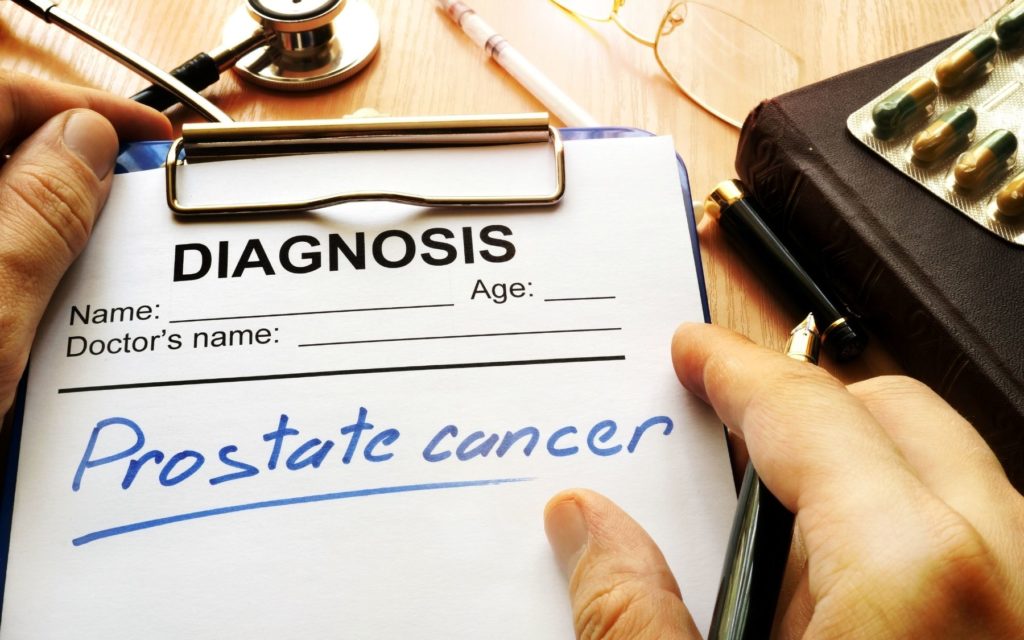When a loved one is diagnosed with prostate cancer it can be life changing. As well as having a major effect on the patient, a cancer diagnosis also has a big effect on the family around them; often wondering how they can be supportive and comforting at the same time. Caregiving for someone with prostate cancer sound difficult and we hope this information helps you.
While every patient and family have a unique situation, here are some of our top tips to help you during this time as a caregiver:
- Attend their appointments with them. You may find it helpful to take notes during the appointments as important information can often be forgotten or misunderstood at the time.
- Research and learn about prostate cancer. Having a full understanding of the disease and how the treatments work can help you to be the best possible caregiver, as you will have more understanding about what they are going through.
- Be understanding. If your loved one is distressed by their prostate cancer diagnosis, try to be there for them; you may find that counselling is a good option. Also remember that it is ok for you to struggle as well; you may also benefit from talking to a counsellor.
- Communicate. You and your loved one should both communicate your thoughts and feelings instead of shutting down and bottling up your emotions.
At Urology Clinics Manchester, our team have a huge amount of experience in the field and access to the latest technologies to ensure that all our patients receive the best possible care. If you would like to speak to a member of our team about treatment options please call us on 01613271269. We also have some patient information leaflets that you may find useful.
If you or a loved one are struggling with a recent prostate cancer diagnosis, you may find it useful to join a Facebook group or talk to a Macmillan support team. There is always help out there!
This article is intended to inform and give insight but not treat, diagnose or replace the advice of a doctor. Always seek medical advice with any questions regarding a medical condition.






0 Comments